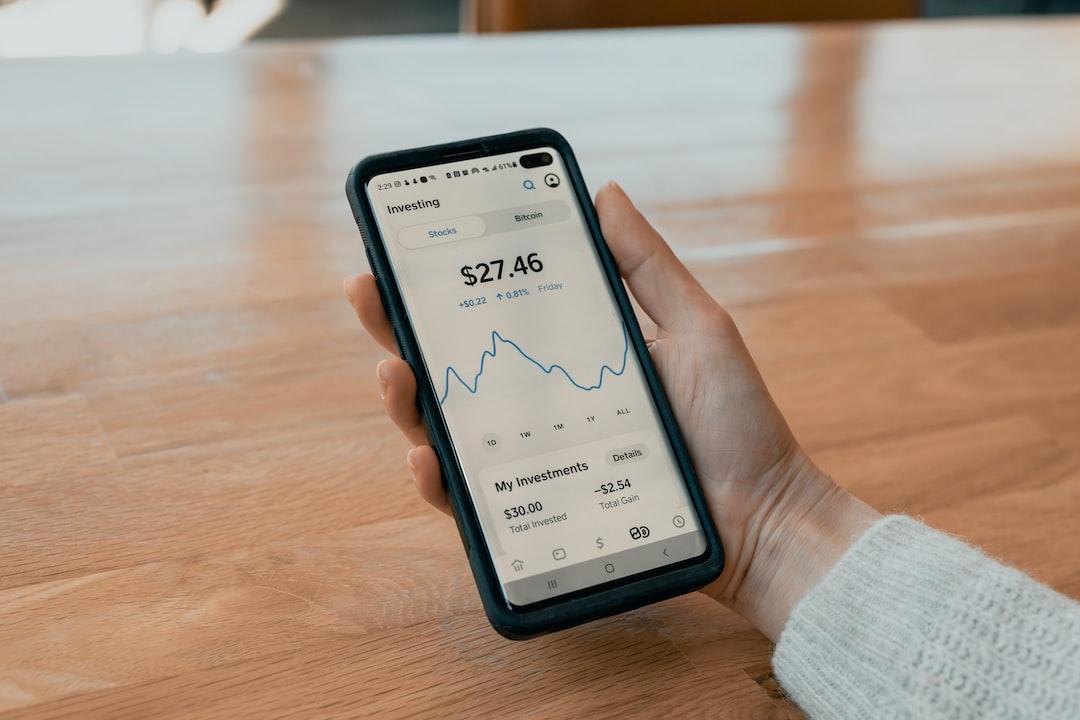Vitalik Buterin, one of the co-founders of Ethereum (ETH), recently shared a report discussing the upcoming improvements that will be implemented on the Ethereum platform. These comments were made in response to concerns raised by the ETH community. Buterin emphasized that the improvements will focus on PeerDAS, the transition to Verkle tree, and decentralized methods for storing history as proposed in EIP-4444.
“I am currently in Kenya, where we have made significant progress in implementing and defining the technical details of important future Ethereum improvements. This includes PeerDAS, the Verkle tree transition, and decentralized approaches for storing history, as outlined in EIP-4444. From my perspective, it seems that the pace of Ethereum development is accelerating, and we are becoming more capable of delivering major features that greatly enhance the experience for both node operators and users on both Layer 1 and Layer 2.”
Buterin also stressed the importance of decentralization in his blog post and addressed concerns related to Maximum Extractable Value (MEV) and finding a balance between minimizing it and containing it.
These comments from Buterin were prompted by a recent series of tweets from Peter Szilagyi, a longtime Geth core developer, who raised the question of whether Ethereum is heading in the right direction.
“These concerns are valid and have been expressed by many members of the Ethereum community, including myself. However, I don’t believe the situation is as dire as Peter’s tweets suggest. Many of these concerns are already being addressed through protocol features that are currently being developed, and others can be addressed through realistic adjustments to the current roadmap.”
In addition to these comments, Buterin also proposed a new network improvement protocol, EIP-7706, which focuses on introducing a new gas model for transaction call data. Currently, there are two types of gas fees for ETH transactions: one for transaction execution and one for storage. Buterin’s proposal suggests a third form of gas specifically for call data, which would allocate a charge for the data transferred during transactions.
It is important to note that the views expressed in this article are for informational purposes only and should not be considered as financial or investment advice. Investing or trading cryptocurrencies carries inherent risks.

